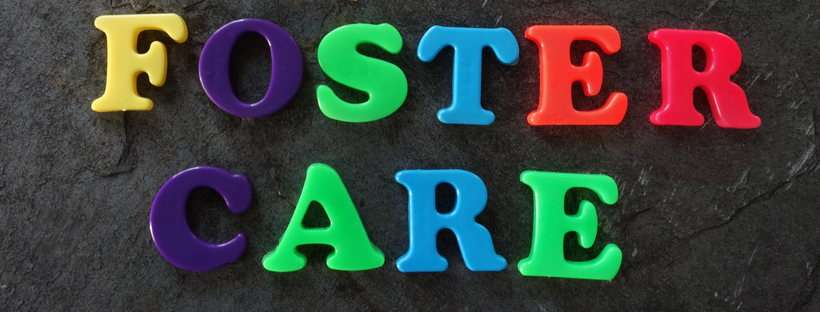
May is National Foster Care Month!
Foster care is a collective effort driven by each state and supported with federal funding. However, the real, on-the-ground work is done at a local level, with private non-profit organizations playing a key role in delivering foster care services and individuals serving as foster parents.
To view the full article please register below:
May is National Foster Care Month!
Nelson Mandela famously said, “The true character of society is revealed in how it treats its children.” A nation’s character is revealed in how it collectively works to support the children of broken and damaged families to ensure they may enjoy what every child deserves: love, a safe environment and a sound education.
Foster care is a collective effort driven by each state and supported with federal funding. However, the real, on-the-ground work is done at a local level, with private non-profit organizations playing a key role in delivering foster care services and individuals serving as foster parents.
The Statistics are Startling
There are over 400,000 children in foster care; 42% of them are age 5 or younger. Over 100,000 are awaiting adoption.1 Neglect and drug abuse are the overwhelming reasons for why children enter the foster care system.
Of the approximate 20,000 children who “age out” of the foster care system each year, 20% will experience homelessness in the first four years.2
These statistics however shocking cannot come close to describing the physical and emotional pain suffered by children scarred by parents who do not love or care for them. It’s a tragedy that destroys childhoods and can permanently derail entire adult lives.
Supporting the Foster Care Mission
There is much written about “living a purpose-driven life” or in the financial industry about investing in a manner that supports ethical and sustainable environmental and social behavior.
This month’s celebration of foster care serves as an important reminder that changing the world often begins with changing just one life for the better. In becoming a foster parent or supporting the efforts of those organizations that work to help the most vulnerable of our society, there may be no better way to positively change the world.
The process of becoming a foster parent differs by each state, but the role of the foster parent is always the same—to provide a safe and supportive home, make a child feel loved, and ensure a child gets to school, the doctor and any extracurricular activities.
For those individuals unable to become a foster parent, foster children can be supported through volunteering time or financial donations to non-profits dedicated to improving the lives of foster care children.
To find a foster care organization in your local area, start by talking with local leaders or your town or county’s child services department. If you’re looking to make a financial donation, research non-profit candidates on Charity Navigator, which provides extensive information on individual charities and scores them on a series of important measures.
Sources:
- https://www.acf.hhs.gov/sites/default/files/documents/cb/afcarsreport28.pdf
- https://www.afs4kids.org/blog/35-foster-youth-homelessness-statistics-you-should-know/
Please reference disclosures: https://blog.americanportfolios.com/disclosures/











